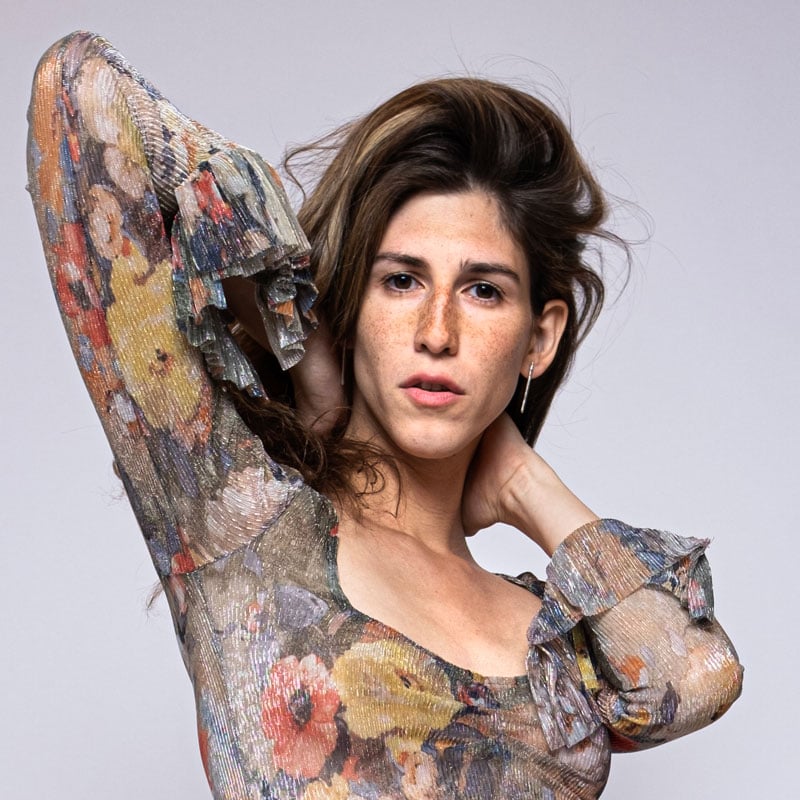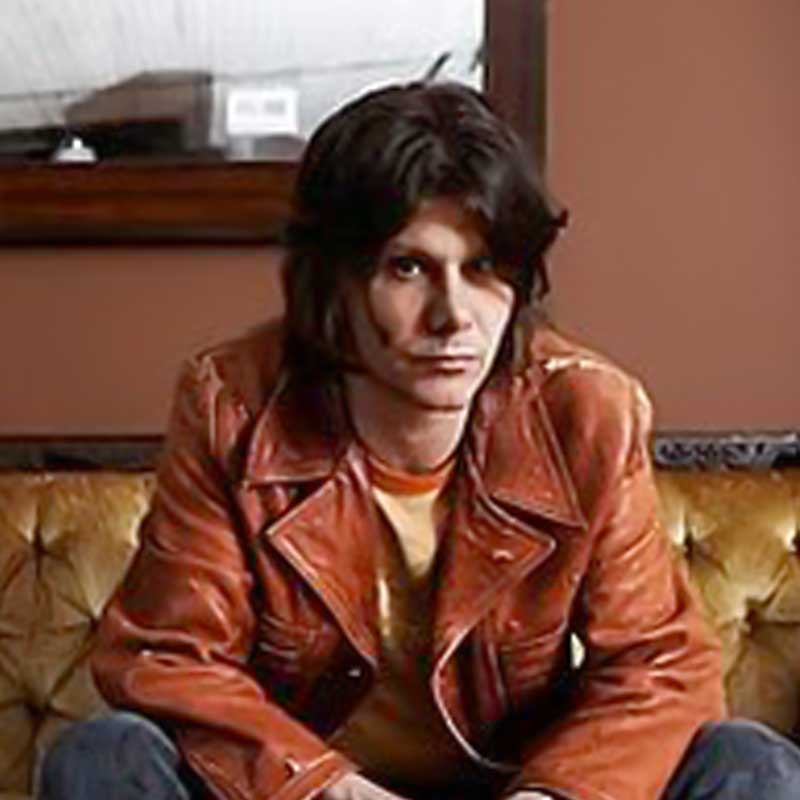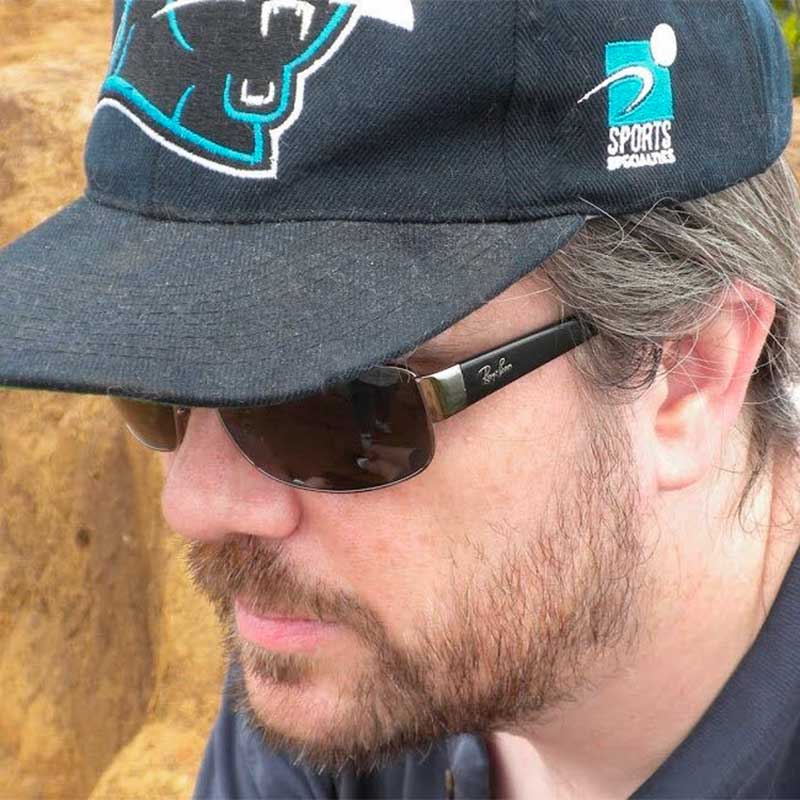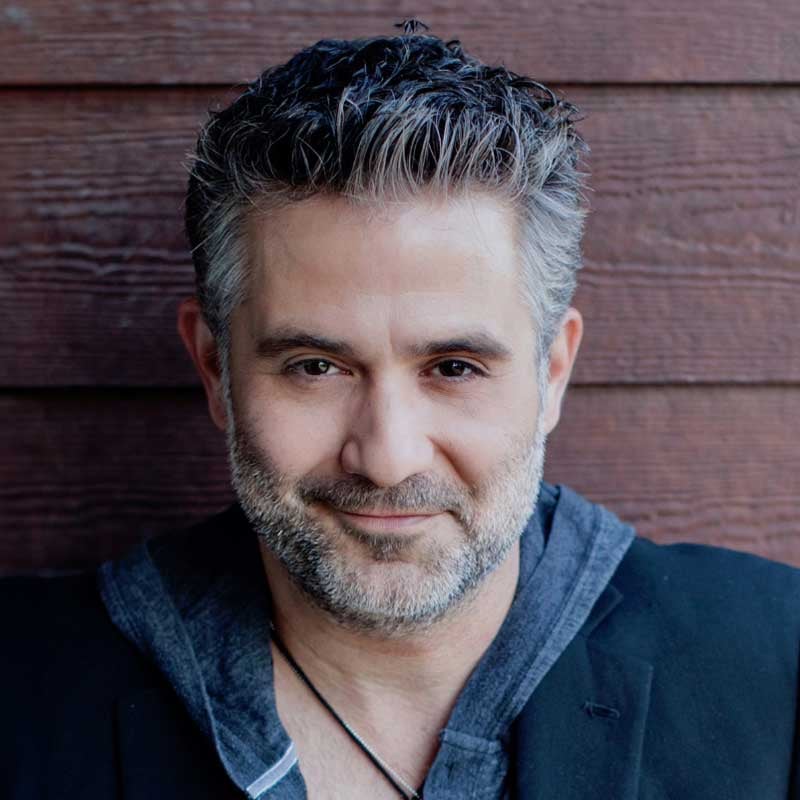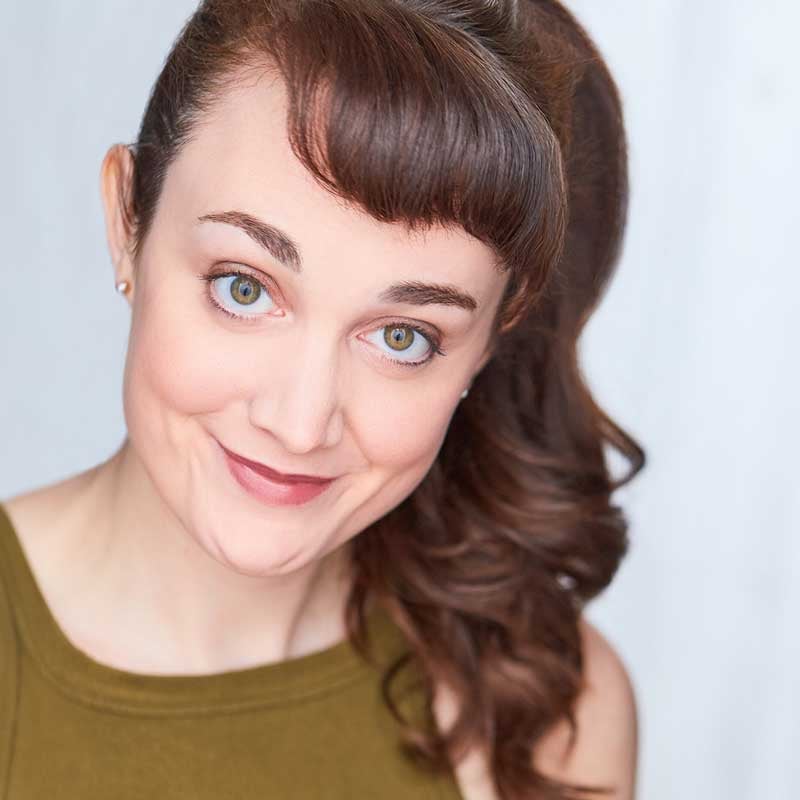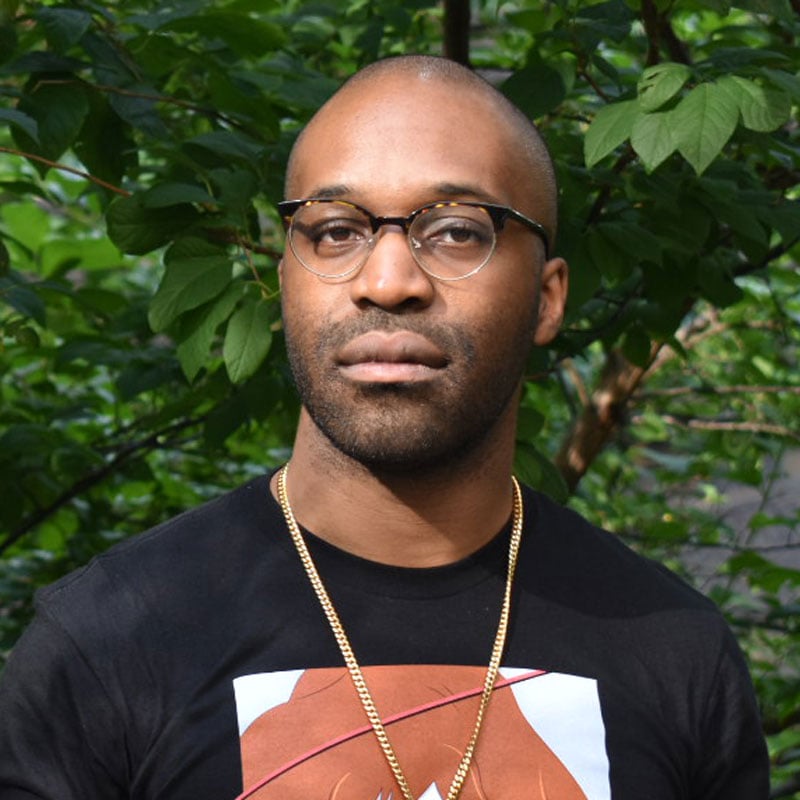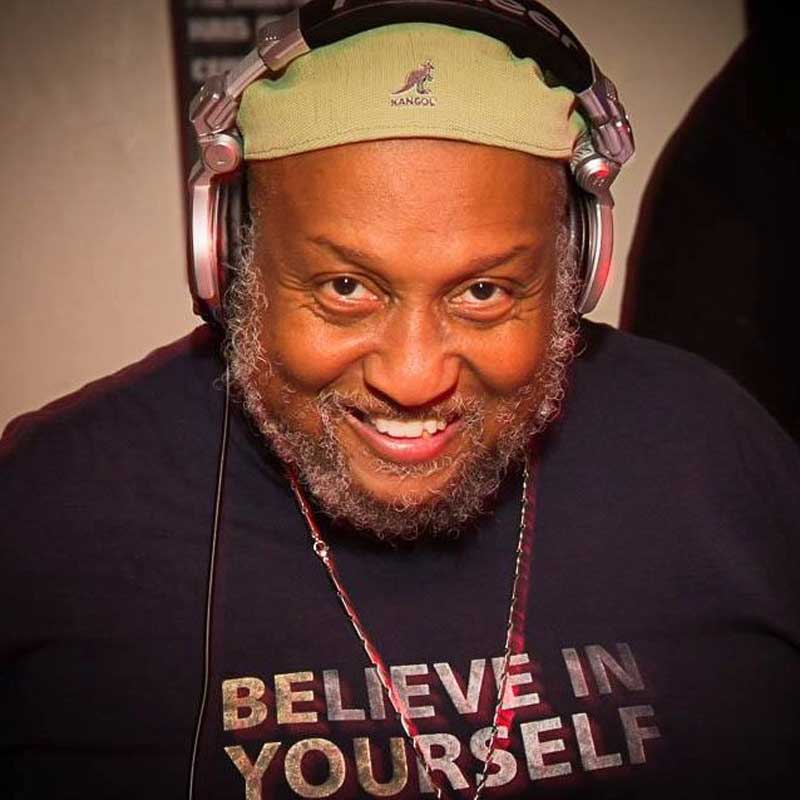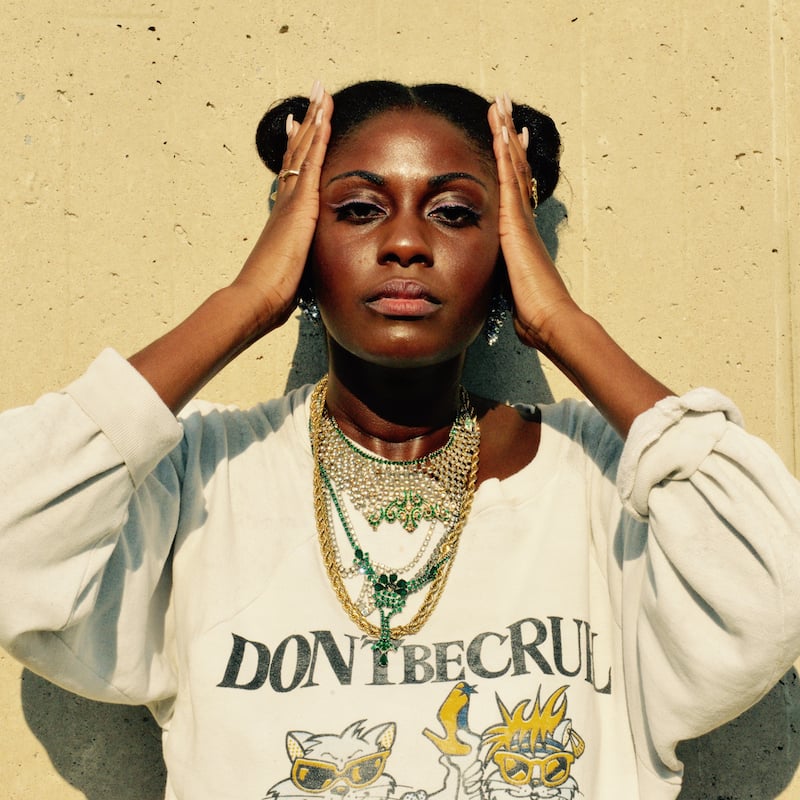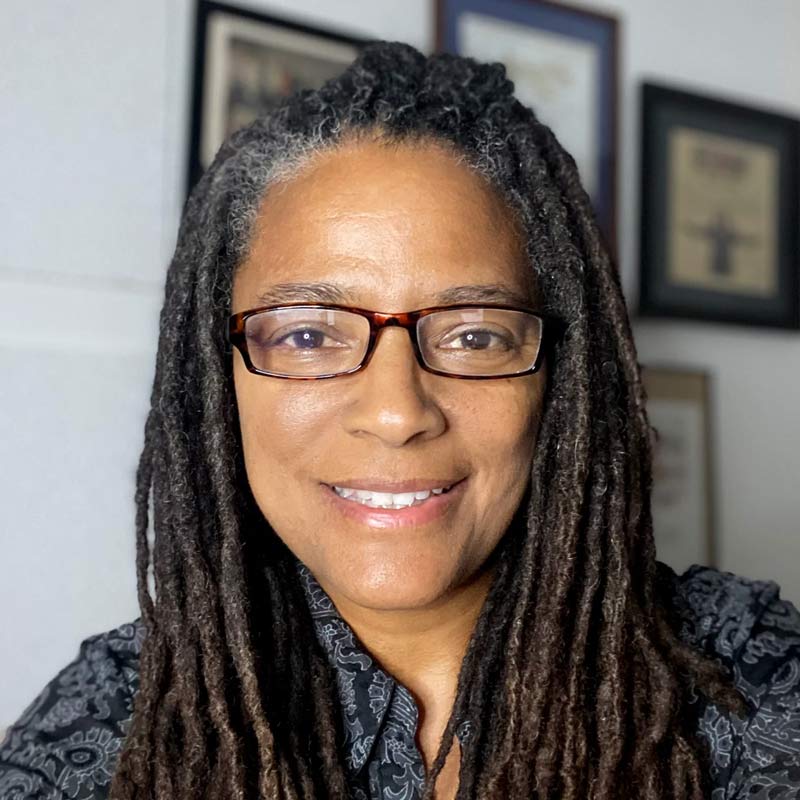Jonathan Coulton is from the Internet. While a struggling music industry fell to pieces over file sharing and shifting business models, he quietly and independently amassed a small army of techies, nerds, and dedicated superfans. Featured in the New York Times, NPR and slashdot, his songs cover an eclectic range of subjects, from zombies and mad scientists to marriage and parenthood. In concert he moves fluidly between pathos and ridiculous fun. Seeing your first Coulton show is like walking into an insider club meeting, but one that gleefully welcomes and indoctrinates you in short order.


On Nostalgia Kills (out September 14 on Jill's own Pinko Records), the woman hailed by The New York Times for making “grown-up music for an adolescent age” turns her warm wit and poet's eye on herself more than ever before, revisiting moments from throughout her life that made her into the person she is today. It's an especially poignant look back at childhood — “exorcising some junior high school demons,” as she puts it.
Looking back is a new experience for Jill Sobule. Ever since she first caught mainstream attention with her 1995 song “I Kissed a Girl” — the first song about same-sex romance ever to crack the Billboard Top 20 (and no relation to the later Katy Perry tune) — she's always pushed forward, exploring new sounds and subject matter with each passing album and refusing to be pigeonholed by her early hits (which also include the ‘90s alt-rock anthem “Supermodel,” featured in an iconic scene in the film Clueless).
Along the way, Jill has shared stages with the likes of Billy Bragg, Cyndi Lauper and Warren Zevon, written music for TV and theater, and been a pioneer in the art of crowdfunding, raising so much money for her 2009 album California Years that a then-unknown startup called Kickstarter came to her for advice. She's also been active in numerous social and political causes, performing at prisons as part of Wayne Kramer's Jail Guitar Doors project, playing dates with Lady Parts Justice's “Vagical Mystery Tour,” and curating Monster Protest Jams Vol. 1, featuring protest songs by Tom Morello, Billy Bragg, Boots Riley, Amanda Palmer, Jackson Browne and many other great artists — including Jill's own “When They Say We Want Our America Back, What the F#@k Do They Mean?”, which traces the history of anti-immigrant sentiment in America.
For Nostalgia Kills, Jill worked with her good friend, Australian singer-songwriter Ben Lee, to cull the album's 11 songs from a collection of over 100, representing nearly a decade's worth of material accumulated since the release of California Years. In turning those songs into an album, she received a little extra motivation from an unlikely source.
“I was at an industry party,” she recalls. “And I heard this total douche saying, you know, once someone reaches the age of 40, they can't write a good song. And I went up to him and I was like, ‘You don't know me, but you're an idiot.'”
Making it her mission to prove her new nemesis wrong, Jill took the songs into Lee's home studio in Los Angeles with a supporting cast of players that included John Doe (X), Wayne Kramer (The MC5), Petra Haden (That Dog), Roger Joseph Manning Jr. (Jellyfish), and Richard Barone (The Bongos). “This was done with a lot of friends,” she says. “It was very organic.” Many of the final mixes even contain elements of the original demos, recorded with various apps on Jill's iPad.
Right from the jump, Nostalgia Kills proves that this songwriter, despite being a few years north of 40, is still at the peak of her powers. How many artists of any age can write a song like “I Don't Wanna Wake Up,” an Old Testament head trip inspired by a bad breakup, the death of a parent, and microdosing mushrooms? Let alone have the nerve to make it their album's opening track?
From there, Nostalgia Kills explores its titular theme through a collection of songs that ponder the past without ever lapsing into easy sentimentality. “I Put My Headphones On,” as catchy as anything in Jill's catalog, captures the cozy feeling of tuning out the outside world with a favorite record. “Almost Great” is a ukulele-laced ode to youthful brushes with success and adult battles with procrastination. “Forbidden Thoughts of Youth” is a beautifully rendered portrait of adolescent unrequited love, as Jill looks back at her first gay crush (“an incredible combination of Marcia Brady and future meth-smoking biker chick”).
“Headphones” and “Forbidden Thoughts” will be part of #Fuck7thGrade, a one-woman show about “the worst year of my life,” and just the latest of Jill's many forays into theater. Nostalgia Kills features new versions of several of Jill's best songs for the stage: “There's Nothing I Can Do” is a defiant breakup anthem from the off-off-Broadway musical Prozak and the Platypus, sung from the perspective of a rebellious 17-year-old girl. “25 Cents” is from Times Square, a new musical based on the 1980 cult film of the same name — and Jill's own memories of visiting New York City as a teenager, back when the city was still “scary and fascinating and full of junkies.” And the gorgeous ballad “Tomorrow Is Breaking My Heart” is one of several original songs Jill wrote for a new adaptation of Yentl, Isaac Bashevis Singer's tale of gender-bending romance later made famous by Barbra Streisand's film adaptation.
There are two versions of “Tomorrow Is Breaking” on Nostalgia Kills — a mournful duet with John Doe, and a special bonus track version featuring an amateur musician named Nicholas Ford, who made a pledge to the Nostalgia Kills Kickstarter campaign in which the prize was to sing a duet with Jill. “I decided to do it in a different style with a piano and he kicked ass,” she says proudly of Nicholas' crooning accompaniment.
Nostalgia Kills' bonus tracks also include “The Donor Song,” on which Jill gives shout-outs to her Kickstarter backers (including Avengers director and Buffy the Vampire Slayer creator Joss Whedon, whom Jill calls “my personal lord and savior” because he donated at the highest level), as well as lovely covers of The Stairsteps' soul classic “O-o-h Child” and “Don't Let Us Get Sick,” a heartbreakingly beautiful, late-career ballad by Jill's friend and mentor, Warren Zevon, with whom she tour shortly before his death in 2003. “He used to come out during my set to sing ‘I Kissed a Girl' with me,” Jill remembers. “He would always wink at me when we would sing ‘They can have their diamonds and we'll have are pearls' to let me know he got the clitoral reference.”
For all its graceful, funny and heartbreaking explorations of awkward youth and grown-up regrets, Nostalgia Kills is as of-the-moment as anything in Jill Sobule's catalog. Through her own experiences, she explores issues our society still collectively struggles with (LGBTQ rights, teen mental health, our unhealthy obsession with staying forever young) and gently skewers our tendency to dwell on the past at the expense of addressing the present. As she sings on the title track: “We look at ourselves in a long row of mirrors/We get smaller and smaller with each passing year/We have to keep moving or die.”
2024 PERFORMERS & GUESTS
Daphne Always
Ally Beardsley
excerpts go here
Jasmine Bhullar
Rachel Bloom
Jim Boggia
For more than 20 years, Jim Boggia has been winning over fans, critics, contemporaries and luminaries alike with his uncompromising devotion to the sort of winsomely nostalgic, emotionally direct songcraft that’s impervious to age. His sonically intelligent retro-pop manifesto informs three studio albums—2001’s Fidelity Is the Enemy, 2005’s Safe in Sound and 2008’s Misadventures in Stereo—and he’s worked with a startling array of artists, including Aimee Mann, Juliana Hatfield, Mike Viola, Tracy Bonham, Bernadette Peters, David Poe, NRBQ’s Big Al Anderson, famed Beach Boys lyricist Tony Asher, MC5 guitarist Wayne Kramer, Attractions drummer Pete Thomas, esteemed ’70s pop misfit Emitt Rhodes, and Canadian songstress Amanda Marshall. Also an accomplished singer and guitarist, Boggia performs with the well-known New York City-based Beatles tribute band, the Fab Faux, as well as Mad Dogs & Dominos, an 18-piece collective headed by a heavyweight roster that includes Blues Brothers alum Lou Marini and producer John Leventhal. Oh, and he plays a mean ukulele.
Jasper William Cartwright
Ty Franck
2020 PERFORMERS & GUESTS the home office FAQs Contact Us Affiliate Program Carbon Roadmap JOIN THE MAILING LIST ©2019 JoCoCruise | Agency of record for JoCo Cruise 2020 and 2021 is Worldwide Travel and Cruise Associates, Inc. a licensed seller of...
Mark Gagliardi
Vance Gilbert
2020 PERFORMERS & GUESTS the home office FAQs Contact Us Affiliate Program Carbon Roadmap JOIN THE MAILING LIST ©2019 JoCoCruise | Agency of record for JoCo Cruise 2020 and 2021 is Worldwide Travel and Cruise Associates, Inc. a licensed seller of...
Josh Gondelman
Jean Grae
Critically acclaimed lyricist, producer, writer, director, cinematographer and all around consummate entertainer Jean Grae has been challenging the boundaries of artistry since her debut in 1996. Whether creating music with imaginative narratives that immerse the listener in a dark world of Grae’s design, or spilling her most personal stories of love and life experiences, she always delivers an honest performance that strikes the most vulnerable parts of her audience and keeps them wondering, “what will she do next?”Well into an almost 20 year long career that maintains not only relevancy, but continues to push the envelope of perception, marketing and branding. Grae has worked alongside Mos Def, Talib Kweli, The Roots, Pharoahe Monch, and a list that this very small bio cannot contain. Sorry, bio.Grae recently made her directorial debut and created her company, “KAGD.” With videos for The Hellpit Faeries, Talib Kweli and herself under her belt, she created “Life With Jeannie” a half hour sitcom, written, directed by and starring Grae. “Life With Jeannie” premiered on 12/25 on JeanGrae.com and Grae’s latest releases: Gotham Down cycles 1-3 is available on JeanGrae.bandcamp.com.
John Hodgman
2020 PERFORMERS & GUESTS the home office FAQs Contact Us Affiliate Program Carbon Roadmap JOIN THE MAILING LIST ©2019 JoCoCruise | Agency of record for JoCo Cruise 2020 and 2021 is Worldwide Travel and Cruise Associates, Inc. a licensed seller of...
Sierra Hull
Erin Keif
Mur Lafferty
Aimee Mann
Interested in the full range of human faults, foibles, dysfunction, and self-delusion? You could spend your evening re-reading the DSM-IV Manual. Or you could opt to spend some time with an even more entertaining catalog of idiosyncracies: Charmer, the latest album from Aimee Mann, as fine a chronicler of the human comedy as popular music has produced. Names have been obscured to protect the guilty, but you will almost certainly recognize yourself in these short narratives, along with the fellow travelers who have conned, enabled, victimized, or (yes) charmed you.
Mann has the presence of mind to write songs about narcissists, which is a little different from the 90 percent of rock songs that are about being a narcissist. “The first song I wrote for the album was called ‘Charmer,’ so that’s kind of what started it,” she says. “And there are obviously songs that aren’t really on that topic, but it was a thing that I kept coming back to, because I do think people who are super-charming are really interesting. And I see how charm is on a continuum that goes all the way from people who can talk you out of anything to people who are manipulative to people who are almost a little sinister. They’re usually people who you really like being around in the beginning, because they’re really good at creating an impression that perhaps is tailor-made for you, and that’s very seductive.”
You might say it naturally follows that an album named Charmer would need to be musically seductive, as well. And this one certainly delivers its own charm offensive with a production style that sometimes harks back unabashedly to an earlier era, three decades or more ago, when electric guitars and synths walked the earth together in harmony. The full sound is in stark contrast to her much starker previous album, 2008’s Smilers, which was not so big on the new wave. She might even have been inspired by some fellow former Bostonites.
“This time, we bring the guitars back in.” she says, “and the bands we kind of listened to for reference were the Cars and Blondie and Split Enz. And ‘Jackie Blue’ by the Ozark Mountain Daredevils, that awesome song—that was a big point of reference.” And she won’t disagree if you suggest that this might be her fullest-sounding album since the I’m With Stupid era. “I think if you’re emulating or inspired by that sort of era of radio pop, it’s just by nature more ‘produced.’ On the last record, our template was Area 51, because it was acoustic guitars and this kind of deserty, tumbleweed feel,” she laughs, “with synthesizers on top. This time, I wanted to use more analog synthesizers, because the music I was inspired by was that real ‘70s kind of thing. You know on Parallel Lines, when they were first putting synths in, but they were still being played almost like guitars? When I go back and listen to that stuff now, I go, ‘Oh, this is basically a rock band with just some bloopity bloopity keyboards on top.’” Make no mistake: “I love that,” she affirms. “I wanted to go back to: Remember when synthesizers were super-fun and brand new?”
Super-fun is not a term that everyone would expect to escape the lips of Mann, who well knows that she has an image—and possibly preternatural gift—for songs some would consider sad and downbeat. But there is a subtler kind of levity in her music that, followed to its natural end, leads to the kinship she feels with certain comedians and explains why she frequently does shows with the likes of Patton Oswalt and Paul F. Tompkins. And perhaps it explains why you’ll hear some of the biggest laughs this side of a Bridesmaids screening at a Mann show, sometimes arguably morose subject matter notwithstanding.
“There’s probably a little bit of relief of ‘Oh, I’m so glad that she’s not super-sour and depressed’—so any small joke, I get the laughter of relief, if it’s funny at all,” she says of the mood at her concerts. “Half the shows I still go, ‘Oh, I don’t know what to say,’ but I’ve definitely learned a lot from just being around comics. That’s not to say that I’m funny, but I think just being around it and adopting a little bit of a cadence or vernacular is helpful.” And the wit is certainly there in her songwriting, if you look for it. “There’s an irony that’s implicit through a lot of stuff. There is always a fair amount of moments where I write something that I suddenly realize is a very apt description of a situation that’s uncomfortable or horrible, but that the very accuracy of it makes me laugh, even though I can’t really expect that other people will. It’s a bit of a gallows humor, maybe.”
Articulation of these scenarios is the best medicine, whether or not laughter is part of the tonic, and that’s been the case ever since Mann resisted an overbearing beau’s admonitions to “keep it down now” and “shut up” in “Voices Carry,” the 1985 smash that put ‘Til Tuesday on the map. After three acclaimed albums fronting that band, Mann went solo with the Jon Brion-produced Whatever, and really went solo—label-wise—in 2000 with Bachelor No. 2 (Or, The Last Remains of the Dodo), which she snatched back from the clutches of an unconcerned major label and released on her own SuperEgo Records, beating the indie rush by several years.
This roughly coincided with Paul Thomas Anderson’s Magnolia, which featured a good number of Mann’s tunes as a song score—including “Wise Up,” the tough-love anthem that might still be the best summation of Mann’s entire unflinching catalog. Another song from the film, “Save Me,” was nominated for a Best Song Academy Award, which explains the “Oscar loser” self-description in the tagline on Mann’s Twitter account.
Among the albums that followed were One More Drifter in the Snow, an unlikely Christmas album that inspired a yearly series of holiday-themed variety shows, and the semi-narrative The Forgotten Arm. Plans have long been brewing to adapt the latter piece into a stage musical, although that’s on hold till she has a chance to do some serious work with the project’s book writer David Henry Hwang.
Another planned but stalled stage musical led to the creation of one of the new album’s songs, “Living a Lie,” in which Mann trades lead vocals with the Shins’ James Mercer. “Because it’s such a duet-y duet,” she says, “we wanted to get somebody who really had a great voice, and we were just lucky that he was game.” The tune has its “weird genesis” in Mann’s acquaintance with Aaron Sorkin, whom she met through mutual friends (unrelated to her previous cameo on The West Wing). “He started telling me about an idea for a musical he had, and obviously he’s got 50 million projects, so I don’t know if it’s something that’ll ever happen. But he told me the basic plot of it, and just as an exercise, I thought, ‘Suppose this is the song these two characters sing where their relationship is really falling apart.’ It makes me laugh, because two people singing a duet is usually a love song, and these are two people that are ripping each other to shreds. ‘You narcissist!’ ‘Oh yeah? Well, you’re this has-been who thinks he’s so great‚Ķ’ I should write a whole record of vicious duets.”
The Forgotten Arm dealt with an area of psychology Mann is obsessed with: addiction. She’s also dealing with that on Charmer, but not drugs. Rather, she’s tackling some less obvious but possibly more insidious forms of pathology‚Ķ as seen on television.
“I was watching Hoarders,” she laughs, explaining the inspiration for the oddly titled “Gumby.” “The thing I was fascinated by is that you have people who are desperate to help their loved ones who are living in squalor and often in dangerous circumstances, but the hoarders themselves do nothing but resent the help. They just see that you’re trying to take their shit from them, and they constantly position themselves to be the victim of these people who are coming in trying to help. It’s really delusional.”
“Soon Enough,” meanwhile, is “about an intervention. Of course another show I watch religiously! Everybody’s reading their letters and everybody’s crying, while once again, the target of the intervention is like ‘Fuck all y’all.’ It’s so classic. So the narrator of the song is like, ‘Yeah, I know, we’re all a bunch of assholes—we’re all against you. Just sit and listen to the letters, and soon enough you can say what a bunch of jerks we are. We get it.’” Mann’s co-writer on this one was comic Tim Heidecker, of Tim & Eric fame, who also signed on to direct a video for the tune.
Those are songs about some not-so-charming types. But Mann gets back to the album’s central conceit with songs like “Disappeared,” about the type of popular fellow who “makes a big production out of cutting people off‚Ķ and in your relationship with them, you always think, ‘Well, they’ll never do that to me.’”
Then there’s the hooky “Crazy Town,” about “one of my favorite topics, the crazy girlfriend. I have a friend who does out with these girls who always wear short, tight dresses and high heels. They all refer to themselves as ‘spontaneous,’ which to me is code for ‘I’m crazy, and if we’re driving down the street, I might just hang out the window and yell at passers-by.’ Or if someone describes themselves as ‘passionate.’ I honestly think that’s a code word for ‘I will make scenes and throw shit at you in public places.’ The girl who seems to fun at the beginning of the night, whose hair you’re holding while she throws up at the end. There’s a certain type of guy who goes for that girl—the caretaker, who’s very present and sober. And these people go together. The crazy girl can’t flourish without the fixer.”
And of course there’s the “Charmer” himself—a type Mann is intimately familiar with, having been around her share of entertainers and politicians. “They’re usually people who you really like being around in the beginning, and then they’re very exhausting after a while, because they require an audience. But that’s very seductive. My husband has a line in a song which I always think about when I talk about this subject, which is: ‘When you think he likes you, you like the way he thinks.’ To me, that really sums it up, because you yourself are complicit in the interaction of the charmer. As soon as you think somebody likes you, then you suddenly think, ‘What a great guy!’”
As should be perfectly clear by now, Mann is not mired in the traditional business of strictly writing love songs, but more prone toward diving into the vast majority of human interactions that almost never get a song written about them. “To me, the dynamics of a situation can be applied to anything,” she says. “In a love relationship, it just gets amplified, and then people get crazier about the results. But it’s usually all the same kind of stuff, regardless of who you’re dealing with. You think, where have I been in this situation before? ‘Crazy Town’ is more sort of about a relationship, but it could also be about a friendship, or about a guy taking care of his alcoholic mother. You know, it is very sad to have friends who are crazy and can’t take care of themselves. And you can’t get too far into it, because then you’ll be dwelling in the world of crazy, and there’s no getting out. I can apply that to a lot of different circumstances, and the feelings behind that dynamic never change.”
Mann has been cast in a small role in an upcoming independent film, and she laughs about her thespian aspirations, or lack thereof. “There’s not weeping or anything” required in the role, she points out. “I think I look annoyed sometimes, which I feel like I could probably handle.” Possibly aside from a cameo in the Coen brothers’ The Big Lebowski, her best known part was playing herself in a celebrated episode of IFC’s Portlandia, in which Fred Armisen and Carrie Brownstein are shocked to have hired one of their favorite singer/songwriters as a maid—and proceed to alternately worship and upbraid their heroine/housekeeper. “That was a true story: Carrie had hired a cleaning service and the girl who showed up was a singer in a band they liked. People love that show. I love that show. And yeah, more people have recognized me from Portlandia than music in the last year.”
In the last year, Mann got invited not just to do a fictional Portland couple’s housecleaning, but to join a Pennsylvania Avenue couple at the White House. She was part of a day the Obamas devoted to celebrating poetry (along with a more controversial musician, Common). It shook her up, in a good way.
The White House confab “had a really big impact, way bigger than I expected. Don’t get me wrong, I knew it was a big gig. But I also didn’t think it would have this big spiritual impact on me. Hearing the poets talk was really inspiring and honestly made me think totally differently about the purpose of art, which I think heretofore I thought was just a nice add-on if everything else is taken care of—like, a fun little frill for life. But I started to realize there’s something more essential about art, and it’s kind of the thing that makes the difference from being just a group, like a herd, to being a civilization.”
The characters Mann writes about tend not to think such noble thoughts, but if art is largely making something functional out of dysfunction, then Mann just might be our laureate, whether or not the president has called back with the official designation. She’s the kind of artist who’d rather disarm than charm, though maybe you’d be forgiven for even applying the C-word to her bracing musical bewitchery.
MariNaomi
Oscar Nuñez
Tochi Onyebuchi
Vico Ortiz
Paul and Storm
Paul and Storm (Paul Sabourin and Greg “Storm” DiCostanzo) are known internationally and across the Internet for their original comedy music (often with a “nerd-ish” bent). In addition to their own live performances, they are co-founders of the geek-oriented variety show w00tstock, along with Wil Wheaton and Adam Savage, and co-produce JoCo Cruise. The duo’s original webseries musical, LearningTown, debuted on YouTube’s Geek & Sundry channel in January 2013. Also in 2013, their song “Another Irish Drinking Song” was featured in the hit movie Despicable Me 2, and in July had their guitar smashed on stage by George R. R. Martin (and deserved it). Their fifth full-length CD, Ball Pit, came out in 2014, and was the central item of the duo’s wildly successful Kickstarter campaign. They are staff writers for, and contributed numerous songs to, the rebooted season of Mystery Science Theater 3000.
Riz Rollins
writer and dj riz rollins (just ‘riz’ to his friends) has been a presence in the seattle music landscape where he hosts a variety and electronica show on 90.3 fm for almost thirty years. a stalwart in both the club and event scene, he has played alongside a diverse roster of artists that includes nirvana and james brown, die antwoord and funkadelic, amon tobin and osunlade. proficient with a plethora of styles that include disco, hip hop, house, world, r&b,ambient, jazz and gospel he regrets that he won’t be slugging his vinyl on this trip, but maybe he’ll invite you over for tea and rekkid playing hopefully soon.
SAMMUS
{"dynamic":true,"content":"post_title","settings":{"before":" ","after":" "}} Enongo Lumumba-Kasongo (SAMMUS)—pronouns she/her—is a black feminist rapper, beatmaker, and scholar from Ithaca, NY, which is located on the traditional lands of the Cayuga Nation. Her...
John Scalzi
John Scalzi is the New York Times bestselling and Hugo-winning author of science fiction, including the books Old Man’s War, Redshirts, and Lock In, all of which are currently under development for television. He’s also written several non-fiction books, including The Rough Guide to the Universe and Your Hate Mail Will Be Graded. He’s the writer of the video game Midnight Star, developed by Halo co-creator Alex Seropian. He was the Creative Consultant for the television show Stargate Universe. Paul and Storm and Jonathan Coulton have both written songs for his books. There was that one time he was covered in frosting by roller derby players on Neil Gaiman’s lawn. He also caused an Internet sensation by taping bacon to his cat. Seriously, what the hell is going on with this guy, anyway. Visit him online at whatever.scalzi.com.
Nadine Smith
Janet Varney
Janet Varney is an Emmy-Nominated actor, comedian, writer and producer. In the animation world, she was lucky enough to be the award-winning voice of Korra on Nickelodeon’s critically-acclaimed standout hit The Legend of Korra, a role for which she continues to be invited to comic cons to give sweaty handshakes the world over. On HULU, she can be seen fighting dark forces opposite John C. McGinley on indie darling IFC, in their horror-comedy from Dana Gould, Stan Against Evil, and as the entitled and bitchy Becca on FXX’s You’re the Worst (consistently named as one of the decade’s best comedies). She also created, wrote, produced and starred in the critically-acclaimed IFC online series Fortune Rookie. JV can also be heard as the sarcastic AI “Sorry” on the improvised sci-fi comedy podcast Voyage to the Stars with Colton Dunn, Felicia Day, Kirsten Vangsness, and Steve Berg.
Janet was the most frequent performer on Paul F. Tompkins’ Spontaneanation podcast, in addition to hosting her own podcast for the past 8 years, The JV Club with Janet Varney, where she interviews celebrities about their awkward teenage years. Onstage, Janet performs with Rachel Dratch, John Michael Higgins, Michael Hitchcock, Oscar Nunez, Cole Stratton and more in their improv supergroup Theme Park, and is a WorkJuice Player for the beloved Thrilling Adventure Hour. She is a writer/performer for Rifftrax with Mystery Science Theatre 3000’s Mike Nelson, Bill Corbett and Kevin Murphy, and can be seen on Geek & Sundry’s Escape! which she hosted and produced.
On the development and production side, Janet co-created, co-wrote and co- produced Neil’s Puppet Dreams, a series featuring Neil Patrick Harris and his puppet-filled dreams. She co-programs comedy for Outside Lands music festival and is co-founder/creative director/producer of one of the largest and most acclaimed comedy festivals in North America, SF Sketchfest: the San Francisco Comedy Festival, now in its 20th year.
Janet spent seven wonderful years hosting TBS’s Dinner and a Movie and was a series regular on the beloved E! and Yahoo series Burning Love seasons 1 and 3. She recurred on HBO’s Entourage and showed up on hits like How I Met Your Mother, American Housewife, Maron, Shameless, Key and Peele, Kroll Show, Psych, Childrens Hospital, Bones, and Chelsea Lately. She appeared in films such as Still Waiting, Drillbit Taylor, and Judy Moody and the Not Bummer Summer (sporting maybe her weirdest movie hair to date). She also launched, produced and co-hosted for HuffPost Live, the Huffington Post’s news and conversation television network.
